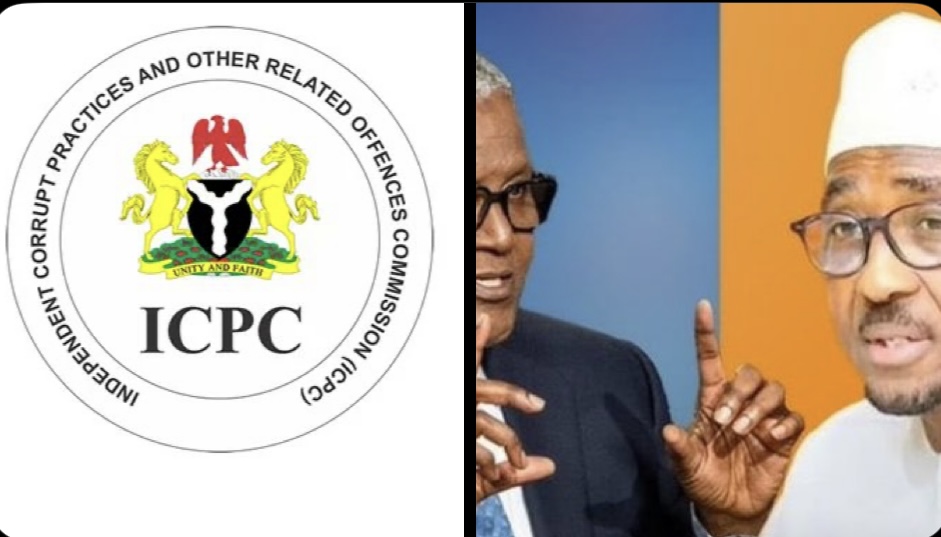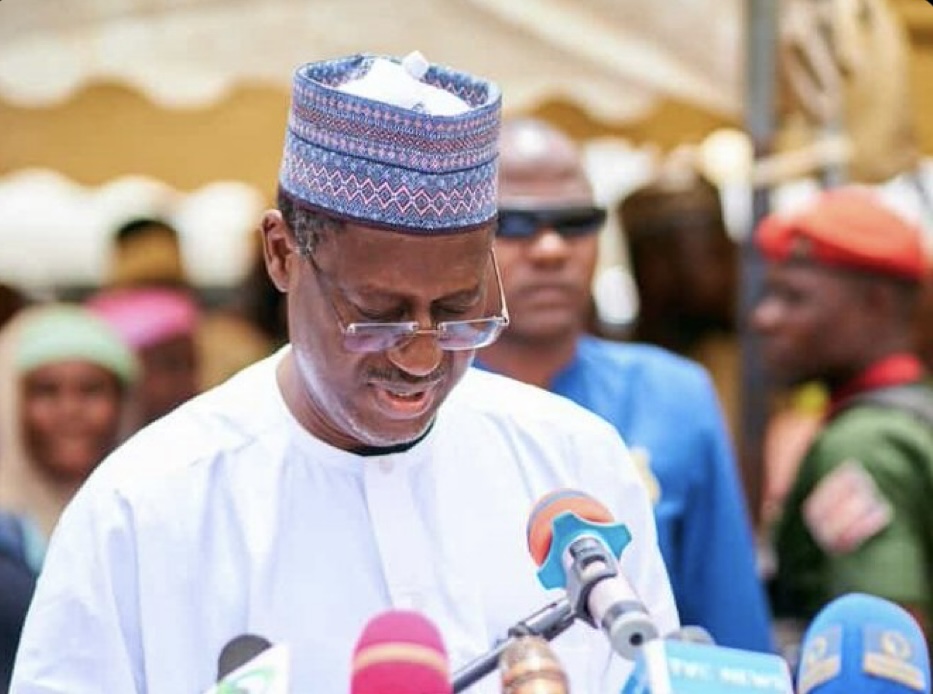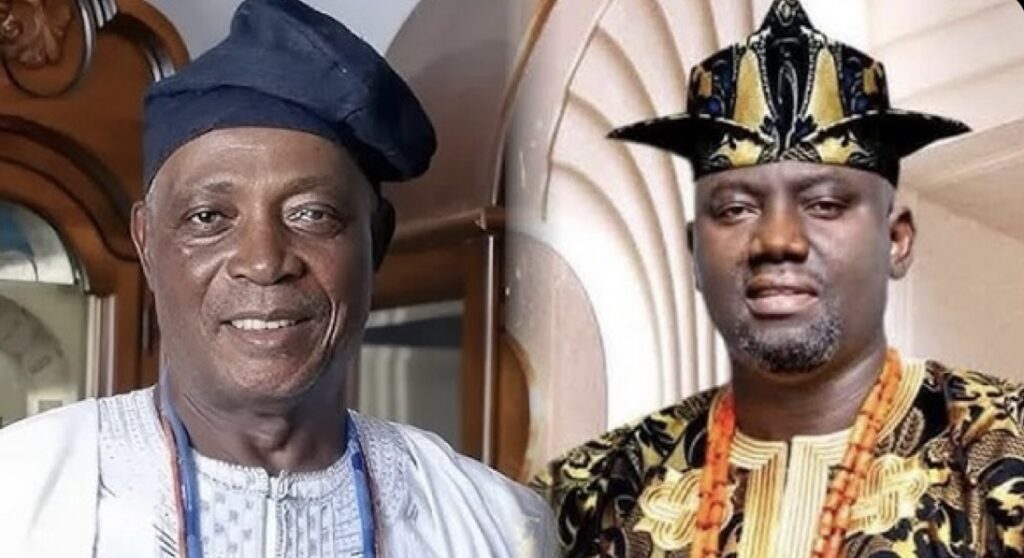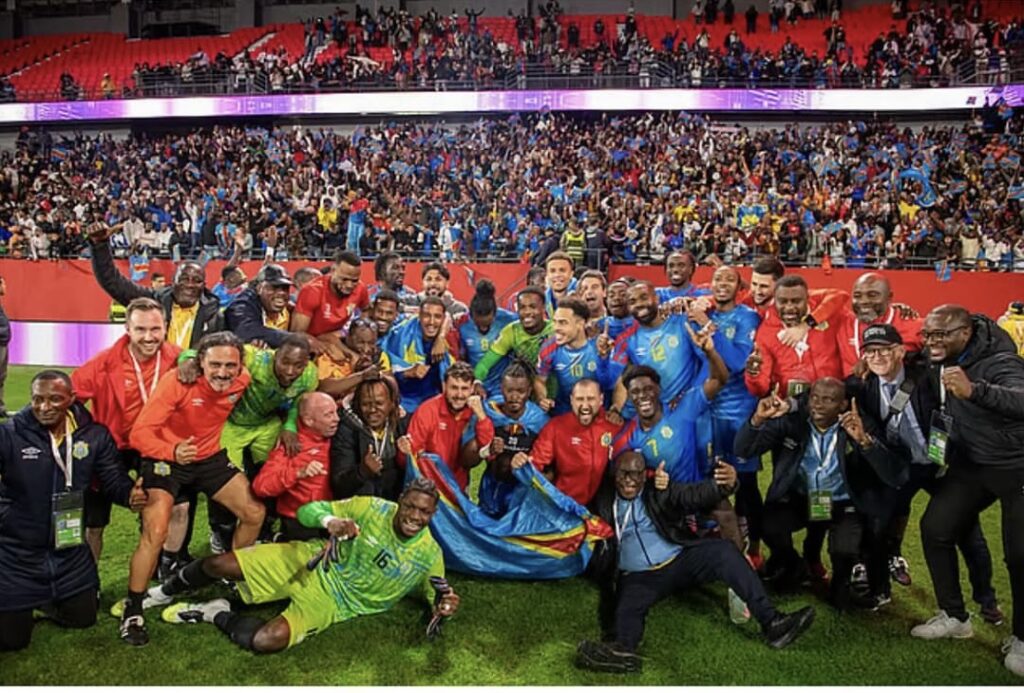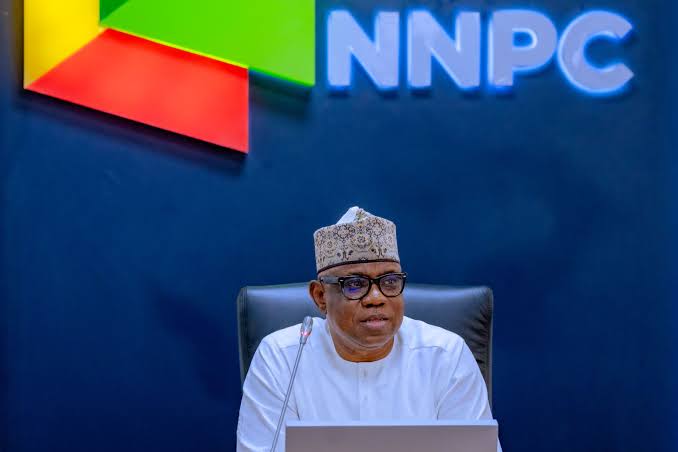Coalition of Politicians Without Existential and Humanistic Philosophy
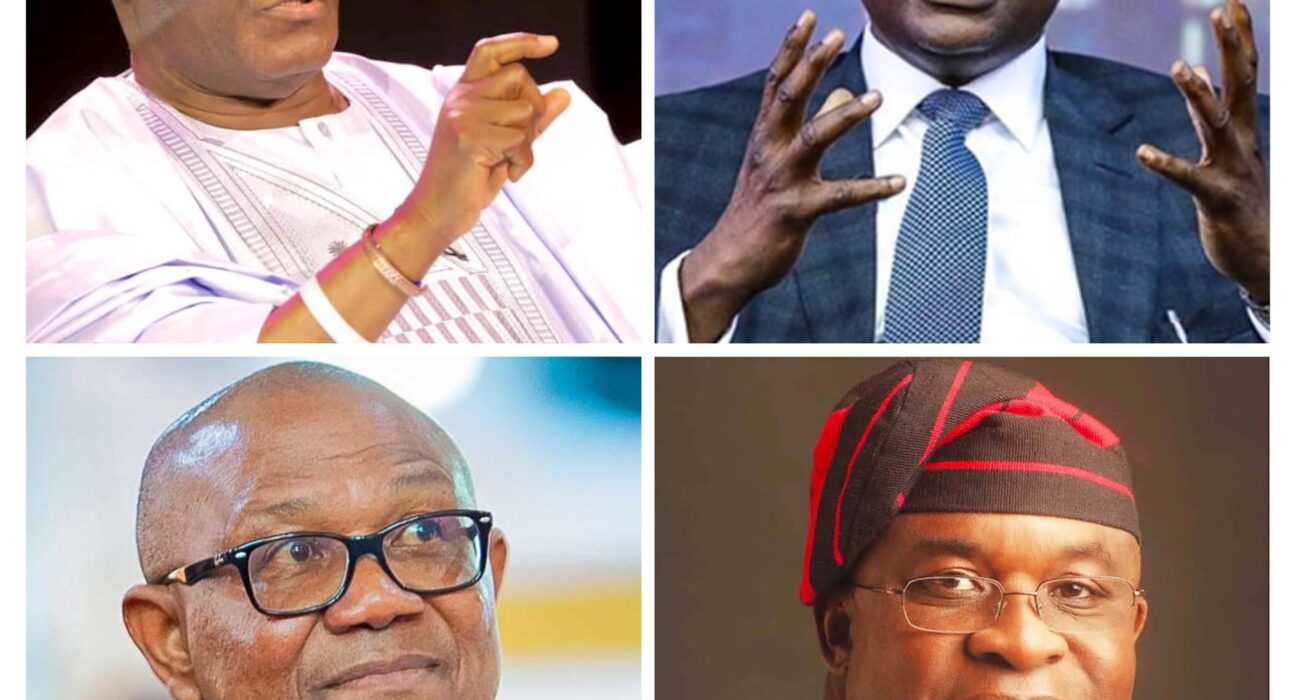
By Bamidele Atoyebi
A new political front has emerged loud, self-righteous, and curiously united. But what binds them isn’t ideology. It isn’t patriotism. It certainly isn’t love for the people. Their only shared ambition is to stop President Bola Ahmed Tinubu by any means necessary. Welcome to the African Democratic Congress (ADC): a shelter for politicians who failed Nigeria and now hope Nigerians have forgotten.
Let’s not be fooled. This is not a coalition of hope. It is a coalition of men with no existential meaning and no humanistic legacy, just bruised egos, recycled bitterness, and a desperate grab for relevance.
When we talk about existential philosophy, we speak of the idea that life has no built-in, meaning that people must create value through their actions. Humanistic philosophy, in contrast, teaches that leadership should centre on compassion, dignity, and respect for human worth. It believes people are inherently good and should be served with empathy, not manipulated with power.
So, what meaning did these politicians make out of the offices they once held? What good did they offer? What humanity did they leave behind?
Atiku Abubakar was Vice President of Nigeria for eight years under President Obasanjo. During that time, he chaired Nigeria’s privatization program, but many state assets were sold to cronies at giveaway prices. A Senate report linked him to the diversion of Petroleum Technology Development Fund (PTDF) money to companies connected to him. Even Obasanjo himself warned Nigerians, saying, “If you hand over Nigeria to Atiku, he will sell it.” That wasn’t just political rivalry it was firsthand regret. Atiku once openly declared he would sell public assets to his friends. This wasn’t a gaffe; it was a glimpse into his mindset. His legacy is not one of progress but of plunder. Let him name just five roads that were started and completed under his watch. He cannot because there aren’t any.
Peter Obi, on the other hand, likes to present himself as the monk of governance frugal, modest, incorruptible. But under his watch as Governor of Anambra State, health workers went on strike while he was busy saving billions. He refused to conduct local government elections, choosing instead to run the grassroots with caretaker committees loyal to him. He handed over public schools to Catholic and Anglican missions without building consensus or establishing inclusive oversight. And security? It was nothing to write home about.
Obi often speaks of savings. But governance is not banking it is service. He existed in power but did not create meaning for those who needed government most. Should we talk about Awkuzu SARS, where many Anambra youths were allegedly killed and dumped in rivers under his watch? Or the Pandora Papers scandal, where he was indicted for failing to declare offshore assets and companies to the Code of Conduct Bureau? This wasn’t mere oversight it was a serial violation of the law, as reported by Premium Times on October 4, 2021.
Even his academic records are questionable. While it is widely known that he studied philosophy and reportedly graduated with a third class from the University of Nigeria, Nsukka, it came as a shock when he submitted only his O’Level results as his highest qualification to INEC. These are not the traits of the transparent technocrat he claims to be. There is much more to be said, but this is not the time to go into greater detail.
David Mark had the privilege of serving as Senate President for eight uninterrupted years. With that power, he oversaw national budgets and had the capacity to direct development to his region and beyond. Yet the Abuja–Makurdi Otukpo road, which leads directly to his home, remained a death trap. Meanwhile, under his leadership, National Assembly salaries and allowances skyrocketed while poverty deepened nationwide.
His detachment was once summed up in a now-infamous quote: “Telephones are not for the poor.” For a man who had all the tools to write a legacy, what did he leave behind? Empty budgets, rich senators, and forgotten constituents. Lest we forget, he was also Governor of Niger State and Minister of Information. We must also remember his crucial role in the June 12 annulment and his disdain for Moshood Abiola and all his supporters.
Then there is Nasir El-Rufai, a man whose governance of Kaduna State deepened existing wounds. Southern Kaduna was repeatedly attacked under his watch, leading to the deaths of hundreds and displacement of thousands. Rather than prosecute the attackers or offer justice to the victims, El-Rufai admitted to paying Fulani herdsmen to stop reprisal attacks, a policy widely condemned as rewarding violence.
Local leaders, elders, and clergy accused his government of pursuing a silent war against Christian communities, dismantling their traditional structures and blocking development. He refused to conduct local government elections for over seven years, appointing loyalists instead and shutting down grassroots democracy. He was accused of jailing critics and ruling with a sense of entitlement confusing authoritarian control for leadership.
An elder in Southern Kaduna once said, “We are not at war with the government, but the government acts like it is at war with us.” El-Rufai’s tenure was not one of reconciliation, justice, or peace. It was marked by calculated dominance and emotional detachment. Few of his old ways came back to haunt him when his nomination as minister was rejected during Senate screening. Instead of reconciling with his past, he now sees President Bola Ahmed Tinubu as the weapon fashioned against him. But “the wicked runneth when no one pursueth.”
And then we have Abubakar Malami, the former Attorney General of the Federation and Minister of Justice. He had one sacred duty: to defend the Constitution. Instead, he turned the law into a weapon against political opponents and a shield for the politically connected.
He disobeyed court orders on multiple high-profile cases, including those involving Dasuki and El-Zakzaky. He interfered with anti-corruption investigations, especially when allies were involved. Asset recovery became opaque and full of out-of-court settlements that smelled of backdoor deals. Malami’s time in office was tainted by allegations of self-enrichment, suspicious property acquisitions, and a blatant disregard for the rule of law. He didn’t just fail in his duty he reversed it.
So here we are. A coalition of former vice presidents, governors, senators, and ministers who had every opportunity to transform Nigeria but chose instead to serve themselves. These are not the victims of a broken system. They are the architects of our brokenness.
They have no shared ideology, no policy clarity, and no philosophical vision. *Their only mission is to stop Tinubu because his success reminds Nigerians of their failures.*
President Bola Ahmed Tinubu, for all his imperfections, is doing what these men never had the courage to do: making tough reforms, absorbing the backlash, and laying the foundation for real national renew He is building where they destroyed. Reforming what they corrupted. Stabilizing what they neglected.
*And that is why they hate him. Because he is a mirror to their mediocrity.*
Leadership is not about saving money while hospitals collapse. It’s not about selling public assets to friends. It’s not about neglecting your people and preaching unity only after you’ve left office. If leadership is about meaning, these men created none. If it’s about humanity, they left it bleeding.
The ADC is not a forward-thinking party. It is a coalition of expired ambition, dressed up as a movement. Nigerians must see it for what it is and move forward. Let us not allow those who wasted our past to define our future.
Bamidele Atoyebi, the Convenor of the BAT Ideological Group, engages in accountability and policy monitoring while also serving as a social worker, criminologist, maritime administrator, and philanthropist. He sent this message from Abuja.


